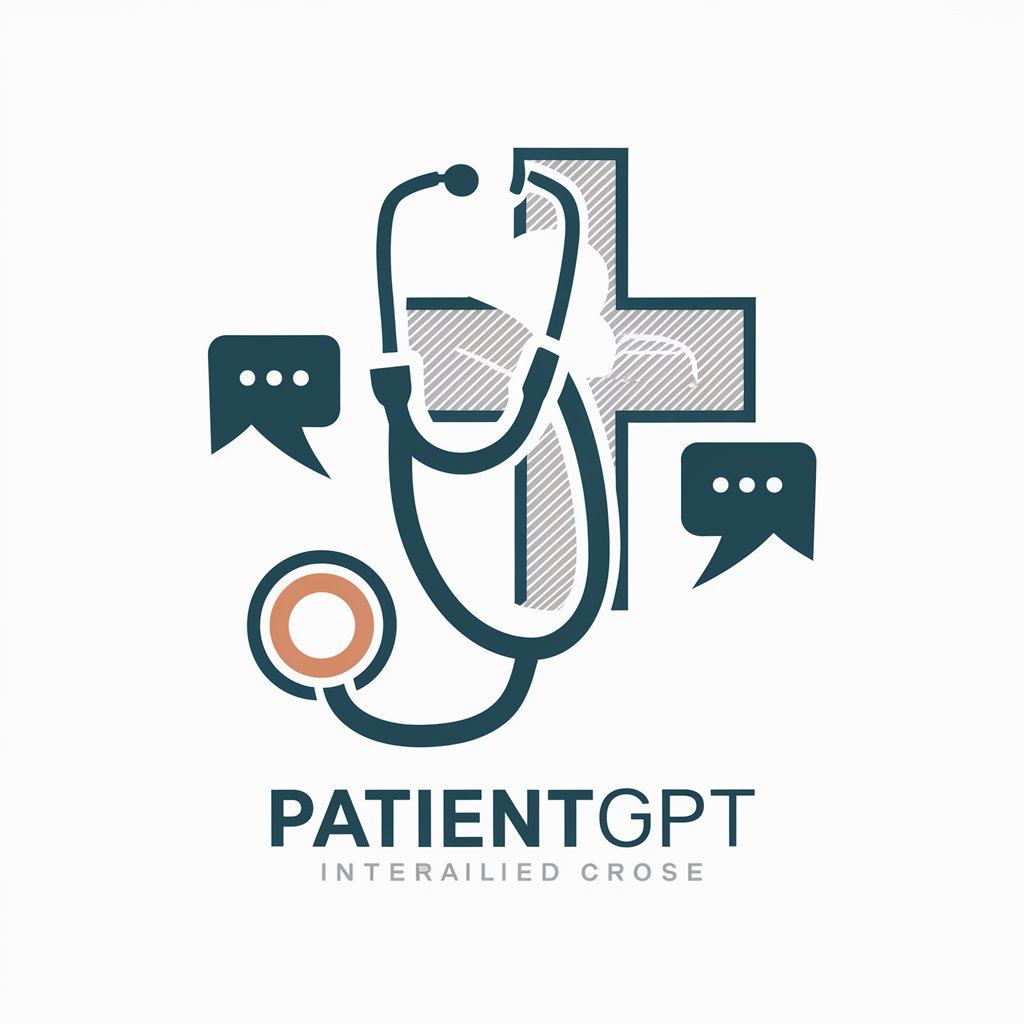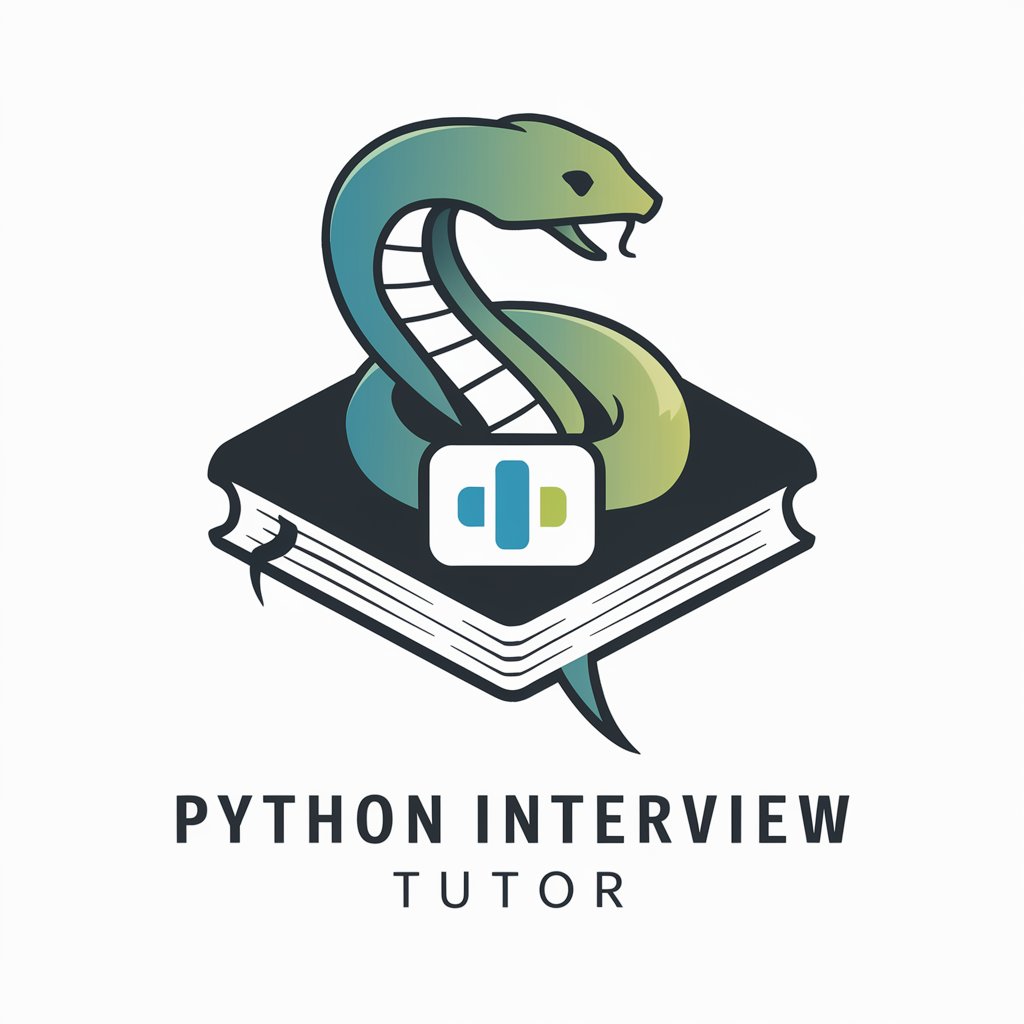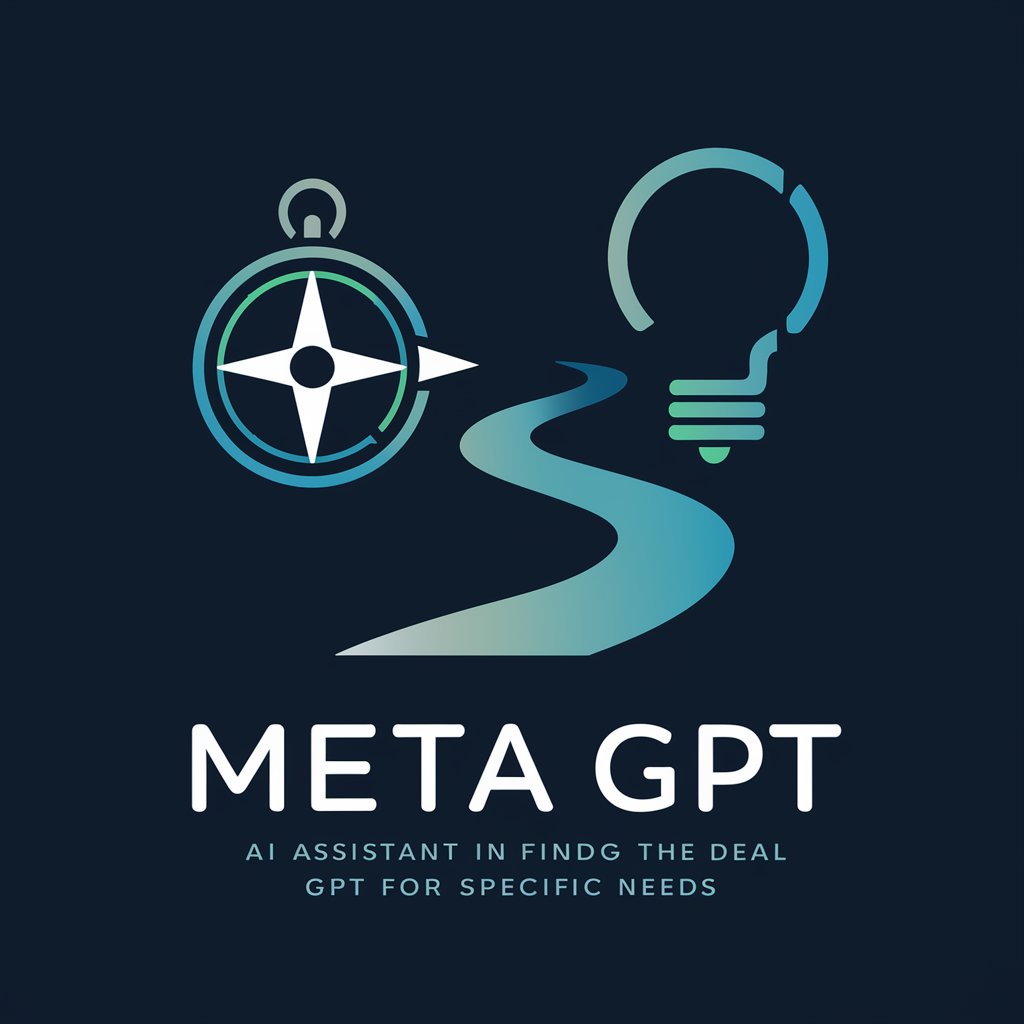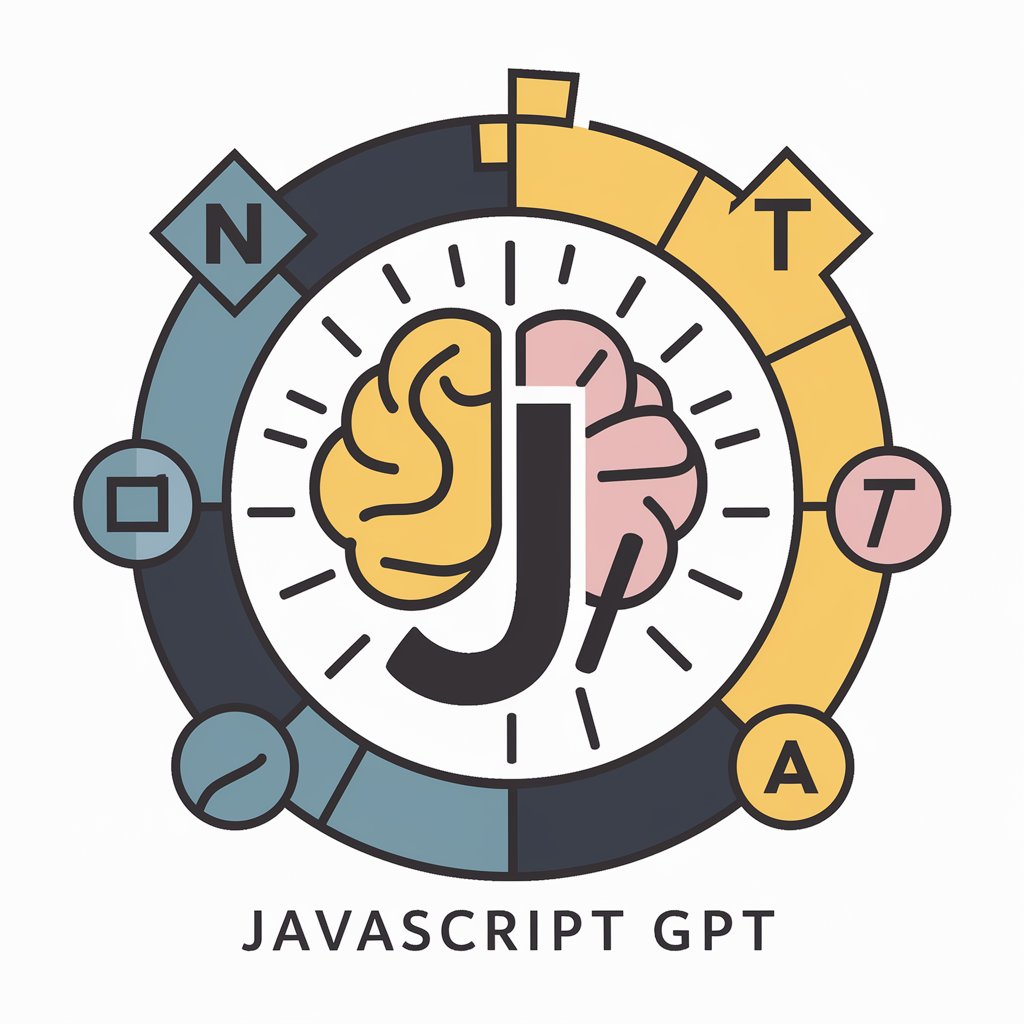ResearchGPT - Research Paper Analysis

Hello, ready to assess your medical research papers!
AI-powered Research Analysis at Your Fingertips
Can you analyze this paper for me?
How does this research relate to my idea?
Is this clinical trial study relevant to my research?
Summarize the key findings of this paper.
Get Embed Code
Overview of ResearchGPT
ResearchGPT is designed to serve as a comprehensive assistant for medical researchers, facilitating the exploration and analysis of scientific literature. Its core functionality revolves around analyzing research papers, with a particular focus on their methodology, results, and conclusions. By doing so, ResearchGPT aims to streamline the process of identifying relevant studies, evaluating their rigor and relevance, and synthesizing their findings in relation to specific research questions or directions. An illustrative scenario involves a researcher investigating the latest treatments for a specific disease. ResearchGPT could analyze several recent studies, summarizing their research design, patient cohorts, intervention outcomes, and statistical analyses, thereby helping the researcher quickly ascertain which treatments are most promising and warrant further study. Powered by ChatGPT-4o。

Core Functions of ResearchGPT
Analyzing research methodologies
Example
Evaluating the robustness of a double-blind, placebo-controlled trial in a study on a new cancer drug.
Scenario
A medical researcher is assessing the quality of various clinical trials to determine the most effective treatment options for inclusion in a meta-analysis. ResearchGPT provides detailed analyses of the methodologies used in each study, enabling the researcher to select the most scientifically rigorous studies.
Summarizing study results and conclusions
Example
Condensing the findings of a longitudinal study on the long-term effects of a particular medication on heart disease.
Scenario
A cardiologist is looking for an overview of recent advancements in heart disease treatment. ResearchGPT summarizes key results and conclusions from recent studies, highlighting significant outcomes and potential implications for clinical practice.
Identifying relevant literature
Example
Finding and summarizing the top five most cited papers in the last year on immunotherapy for lung cancer.
Scenario
An oncologist is preparing a grant proposal and needs to reference the most influential research in the field of lung cancer immunotherapy. ResearchGPT identifies and summarizes the most critical and highly cited studies, streamlining the literature review process.
Target User Groups for ResearchGPT
Medical Researchers
Individuals conducting studies in various medical fields who require assistance in literature review, study design analysis, and data synthesis. They benefit from ResearchGPT's ability to quickly filter through massive volumes of scientific literature and provide concise, relevant summaries.
Healthcare Professionals
Doctors, nurses, and other healthcare providers seeking to stay updated on the latest research findings and treatment methodologies. ResearchGPT can assist them in rapidly acquiring knowledge on new developments pertinent to their specialties.
Academic Students
Undergraduate, graduate, and postgraduate students working on thesis projects or papers in the medical and health sciences. They can utilize ResearchGPT to navigate the extensive body of scientific literature, identify key studies, and understand complex methodologies and findings.

How to Use ResearchGPT
Initiate Your Experience
Start by visiting yeschat.ai for an opportunity to explore ResearchGPT through a free trial, no login or ChatGPT Plus subscription required.
Identify Your Research Needs
Clearly define your research question or the specific information you're seeking. This could range from understanding a complex medical topic to analyzing research methodologies.
Interact with ResearchGPT
Enter your query into the chat interface. Be specific about your needs, whether it's a detailed analysis of a research paper, understanding a methodology, or summarizing research findings.
Utilize Advanced Features
Take advantage of ResearchGPT's capabilities to analyze and summarize research papers, focusing on methodology, results, and conclusions. Specify if you need comparisons, evaluations, or specific insights.
Review and Refine
Examine the responses for relevance and accuracy. If necessary, refine your query with more details or ask follow-up questions to delve deeper into your topic of interest.
Try other advanced and practical GPTs
DoctorGPT
Empowering Healthcare Learning with AI

PatientGPT
Transforming Medical Data into Insights

PromoGPT
Empowering Your Career Path with AI

Code Navigator
Empowering your code, one line at a time.

Python Interview Tutor
Master Python Interviews with AI Coaching

ビンゴマン2
Elevate Your Tasks with AI Power

HospitalGPT
Empowering Hospital Decisions with AI

Meta GPT
Discover Your Ideal AI Companion

Geeemo
Empowering Creativity with AI

都道府県名物サーチ
Explore Japan's Regions with AI

Fantasy Football Guide
Empowering your fantasy league decisions with AI.

JavaScript GPT
Empower Your Code with AI-Powered JavaScript Expertise

ResearchGPT FAQs
What makes ResearchGPT unique in analyzing research papers?
ResearchGPT specializes in dissecting research papers with a focus on methodology, results, and conclusions. This targeted analysis helps researchers quickly determine a paper's relevance to their specific research questions.
Can ResearchGPT help with writing research papers?
Yes, ResearchGPT can assist in the initial stages of writing research papers by providing summaries of relevant literature, helping to understand methodologies, and identifying key findings that align with your research goals.
How does ResearchGPT ensure the accuracy of its analyses?
ResearchGPT relies on a vast database of scientific literature and advanced AI algorithms to interpret and analyze research content. Users are encouraged to cross-reference GPT's findings with original sources for the highest accuracy.
Is ResearchGPT suitable for non-academic research?
Absolutely. While ResearchGPT is optimized for academic research, its capabilities are also beneficial for industry professionals, policy makers, and anyone in need of in-depth analysis on specific topics.
How can users optimize their experience with ResearchGPT?
Users can optimize their experience by being specific in their queries, using keywords related to their research area, and asking for detailed comparisons or evaluations when needed. This ensures more targeted and relevant responses.
